
How to Photograph Sunsets
Sunsets: there never was a more evocative subject, and there never was a subject that was more fraught with things that could go wrong. Get it right, though, and you’ll create an image that can stir the soul.
We’ve compiled thousands of photography tips for photographers of all sorts, from beginners to pros. Follow us for new tips every day, all from the world’s leading photography experts.

Sunsets: there never was a more evocative subject, and there never was a subject that was more fraught with things that could go wrong. Get it right, though, and you’ll create an image that can stir the soul.
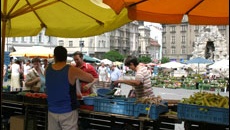
Giving a picture a foreground subject and its background puts both into context and gives the picture a narration that just the subject or backdrop by itself would not.

If you are planning to become a serious photographer you should probably buy an SLR (Single Lens Reflex) camera. The term single lens reflex comes from the fact that the camera has a view of the subject through a single lens and that view is reflected to the viewfinder so the photographer can see exactly what is going to be in the picture.
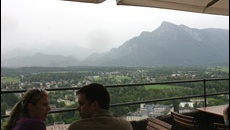
One of the obstacles in taking a few particular shots, was the wind factor. Regardless of trying to take images handheld in between bursts of wind, I noticed when I got home to review the images, they were not as sharp as I had thought they were. My images looked like I was taking shots from a moving car.
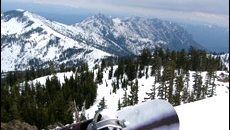
This article is intended for the DSLR camera user, who has some notion of what DOF and apertures are, in relation to imagers. However, I welcome you to read the following regardless of your photographic experience or level, because it will eventually make sense to you.
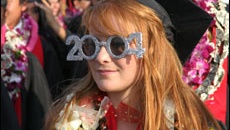
Competition for the senior portrait photography market can be stiff. But don’t be discouraged! There are plenty of seniors to go around and you have just as good of a chance at getting their business as the next guy. Here are some tips to get you started.
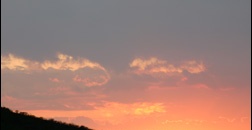
Because you are at the mercy of the elements in wildlife photography, you don’t have too much control over the light. Flash is of no use when the animal is at a distance and you can’t wait for better light conditions because the subject could move off at any moment so you need to make the best of what you have.
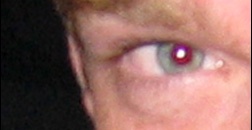
The simplest explanation I’ve come across is that red-eye is the reflection of light, in our case the flash, through the open retina of the eye. We’ve all seen it’s effects in the glowing red eyes of animals, kids and adults that have been captured on film using flash photography.
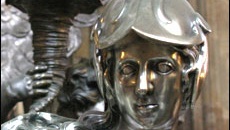
As a modern, contemporary portrait artist, working in Light and Shadow, (photography), my goals are to 1) show my subjects in the best light, 2) portray them honestly, so the viewer gets a sense of their personality, and 3) make them look better in the finished portrait than in real life!

Digital noise in photos taken with digital cameras is random pixels scattered all over the photo. It is a similar effect as “grain” in film photography and it degrades the photo quality. It usually occurs when you take low light photos (such as night photos or indoor dark scenes) or you use very slow shutter speeds or very high sensitivity modes.